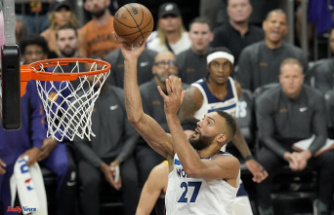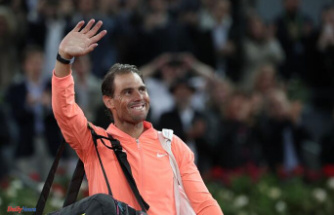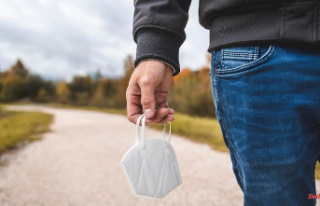At the World Athletics Championships in the summer, Kenya managed fourth place in the medal table. But the success goes hand in hand with an increasing number of doping cases. 23 athletes have been banned this year alone.
Diana Chemtai Kipyokei. Betty Wilson Lempus. Mark Kangogo. Philemon Kacheran. Lawrence Cherono - and the list could easily be extended. Because: 23 track and field athletes from Kenya have already been banned or suspended for doping this year. And most of them because of a substance called triamcinolone acetonide.
A "new trend in Kenyan athletics", as the doping hunters of the independent Integrity Commission AIU of the World Association (WA) determine. Ten Kenyans "tested positive for this banned substance" in 2022, according to a statement. And there will probably be more soon, at least four other cases are currently being investigated. For comparison: Outside of Kenya, there were only two other positive cases of triamcinolone worldwide this year, according to the AIU. Triamcinolone is a cortisone, it has an anti-inflammatory and suppressive effect on the immune system. The remedy is said to have belonged to the pharmacy of fallen cycling star Lance Armstrong.
Of course, the latest doping affairs do not reflect well on Kenya, the country with the alleged miracle runners. For years, Kenya has been considered a high-risk country when it comes to doping and is subject to special surveillance. At the World Championships in Eugene, Kenya finished fourth in the medal table and won ten medals - Germany, as is well known, only won two medals.
The national federation is concerned about the reputation of Kenyan athletics and has taken a number of measures to deal with the problems. "Athletics Kenya has strengthened the reconnaissance and investigation unit with the aim of breaking up the cartels and raising the fight against doping to a new level," it said recently.
But the temptation, especially for marathon runners, is of course enormous; for many, sport can be a way out of abject poverty. The winners of big marathon races often receive 150,000 dollars or more, the tenth maybe "only" 5000 dollars. "To eradicate doping in Kenya, you don't just need education," said agent Gianni Demadonna, who represents many runners from Kenya: "They only have one goal, which is to change their lives. If you're poor and see the money, then you see a lot of money there."
And not only no-names are caught. Cherono, for example, won in Boston and Chicago in 2019, Kipyokei won in Boston in 2021 (and tested positive there), Philemon Kacheran, a training partner of running superstar Eliud Kipchoge, was recently suspended for three years. And the list will probably get longer soon.












